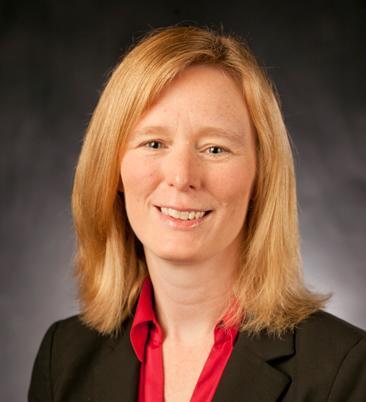Sarah Bermeo, associate professor of public policy and political science, outlines the existing state of research on aid allocation and offers thoughts on addressing global challenges in the Handbook of Aid and Development.

Bermeo authored the book’s fourth chapter, “Trends and challenges in aid allocation.”
“This chapter explores changes over time and differences across donors and recipients in the aid allocation landscape,” Bermeo wrote in the chapter’s abstract. “The reasons driving aid allocation have shifted from the early days of aid as a geopolitical tool during the Cold War to an important foreign policy lever meant to mitigate unwanted impacts on donor states. The last decade has seen a continuing rise of China as a formidable influence in low- and middle-income countries and an uncertain response from other donors. States continue to grapple with the role of aid for global public goods (such as climate change mitigation or pandemic prevention) and the role of bilateral versus multilateral donors in these areas. This chapter provides an overview of the evidence on donor motivations for giving aid, the evolution of these trends, and some insights for current and future aid scholars and practitioners on the motivations behind aid giving.”
Open access for the chapter is available from July 21 to August 21, 2024.
Published by Edward Elgar Publishing, the "Handbook of Aid and Development" critically examines the relationship between aid and development, as well as discusses recent trends within the field and judiciously considers its future prospects.
In addition to teaching in the Sanford School of Public Policy, Bermeo co-directs the Duke Program on Climate-Related Migration and is a faculty affiliate of the Duke Center for International Development. Her research lies at the intersection of international relations and development, with a focus on foreign aid, migration, climate change, and the intersection of these areas, particularly with regard to climate change adaptation and the development of institutions for global public goods.